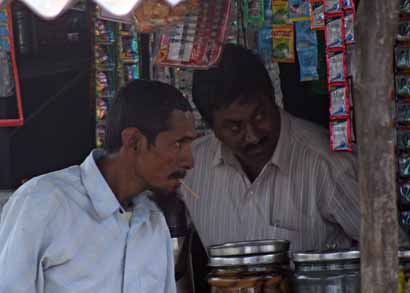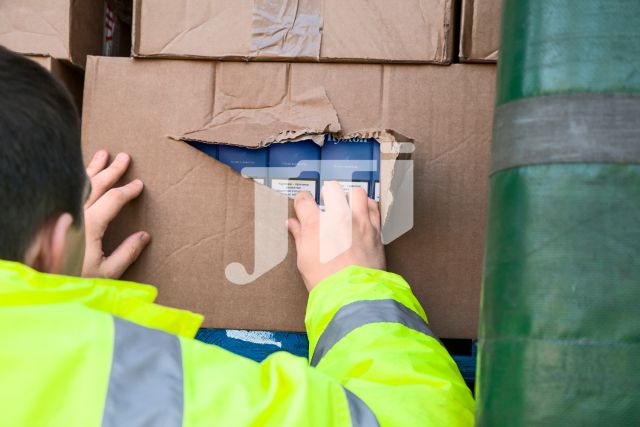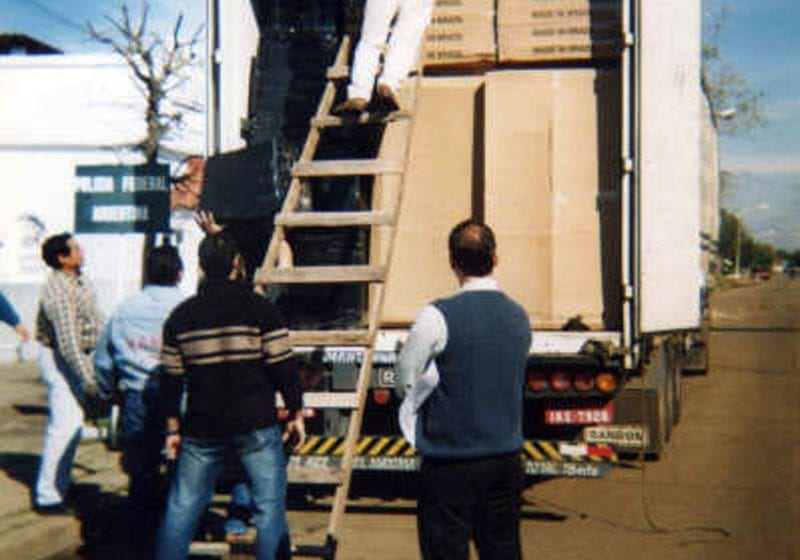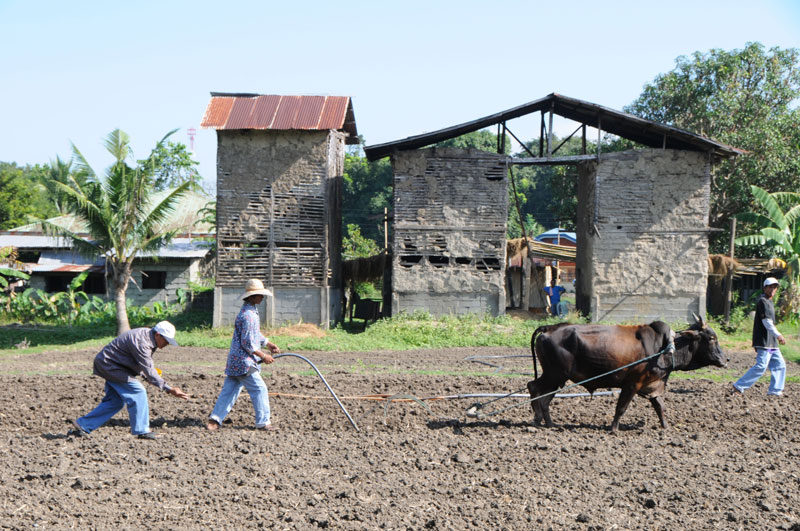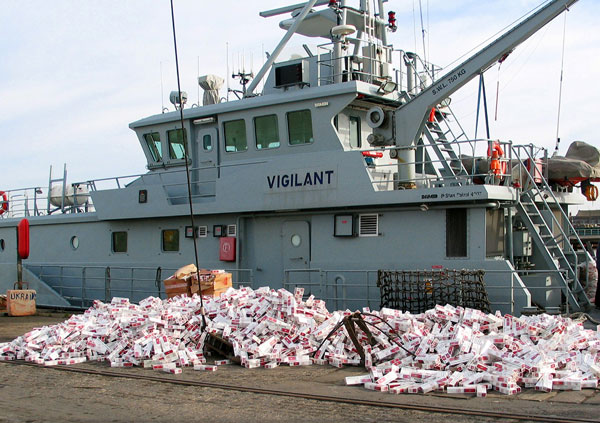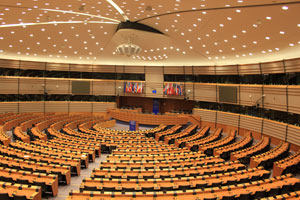Sri Lanka’s National Authority of Tobacco and Alcohol is due to conduct an island-wide survey on tobacco smoking, according to a News 1st story.
The survey will be conducted together with the World Health Organization and the US Center for Disease Control and Prevention.
The story said that a lack of accurate statistics on smoking had created obstacles to implementing programs to control the habit.
Nevertheless, a survey of school children that was conducted last year found that there had been a 50 percent decrease in the incidence of smoking among these young people from 2017 to 2018.
The idea that Sri Lanka does not have the information necessary to implement programs to control tobacco consumption seems at odds with the evidence.
According a report last year at The Lanka Business Online, the Government is planning to ban from 2020 tobacco cultivation and the importation of ‘cigarettes and tobacco’.
Depending on the interpretation of the word ‘tobacco’ here, the country could be moving towards prohibition, with or without the necessary information.
Meanwhile, news of the proposed survey follows hard on the heels of a new report that found the Government might have ‘lost’ Rs18 billion in cigarette tax revenue with a record, estimated 583 million illicit cigarettes having been smuggled into the country during 2017.
The surge in illicit cigarettes was said to have been driven by high taxes and the absence of a proper mechanism to combat illicit-cigarette inflows.
The report, A baseline study on the illicit cigarette market with the resulting tax implications for Sri Lanka, was co-authored by a group of academics comprising Dr. S.N. Morais, Prof. S.S. Colombage and Dr. C.N. Wickramasinghe, and funded by an unnamed ‘private consultancy firm’.


